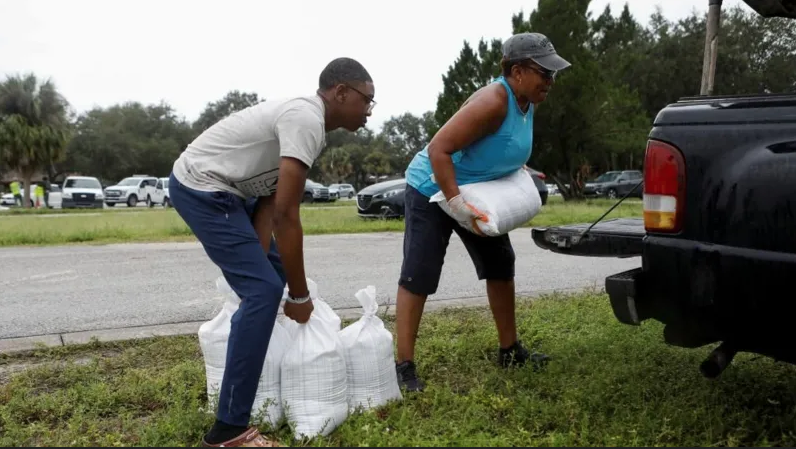Procurement challenges crippling performance of state pharmacies
Written by on June 13, 2024
The executive director of health and social services, Ben Nangombe, says structural challenges contribute to stock shortages in the pharmaceutical industry.
These challenges include lengthy procurement processes, delayed procurement due to legal challenges, poor performance by suppliers, low thresholds for the ministry to conduct procurement of items in-house, absence of long-term tenders, non availability of active pharmaceutical ingredients and adverse economies of scale.
“We had situations where efforts were made to put in place long-term contracts for the procurement of medicines. These have not achieved required results, because in many cases the processes were disrupted by court challenges, for example, the contract that we initiated in 2018, which could not be legalised until 2024,” Nangombe says, adding that during that time, the ministry had to engage in costly emergency procurement or buyouts.
He says the ministry needs to find ways to procure medicines that are sufficient for the country to address stock shortages
“We have been directed to look at various options, including the procurement of pharmaceuticals directly from the manufacturers. We are engaging with different countries to see how we can do it,” he says.
Nangombe says the quantities that Namibia requires might not be sufficient to trigger the manufacturing processes in the approached countries, as the needed quantities are less.
He says the ministry wants to put methods in place to deal with the backlogs and stock-outs that it suffered over the years.
Nangombe was speaking yesterday at a week-long 2024 national pharmaceutical services forum at Walvis Bay that started on Monday.
The workshop is attended by public and private sector stakeholders in the pharmaceutical industry to discuss matters pertinent to the industry.
Nangombe said although matters are receiving attention and the ministry is working on crafting a pragmatic, durable, sustainable solution to overcome the challenges, it needs to reflect.
Nangombe urged participants to forget the notion that pharmacists in the public sector are less efficient than the private sector, by perfecting and keeping up the system in the ministry and ensuring that public health facilities are well supplied.
Deputy minister of health and social services Ester Muinjangue said the role of pharmacy professionals in Namibia’s healthcare system cannot be overstated, as they are at the forefront of the pharmaceutical supply chain, patient care, medication management and health education.
She said despite limited resources and high patient volumes, their dedication ensures that essential pharmaceutical services are delivered effectively.
“Despite challenges, there are numerous examples of innovative solutions and best practices that we can learn from and adapt to our context,” Muinjangue said.
“With the implementation of these strategies, we can be confident that most of the challenges affecting the provision of quality pharmaceutical services will be systematically contained. Achieving this goal,” she said.
Pharmacies were also awarded prizes at the event, with the Erongo region scooping the best regional pharmacist award, followed by the Oshana region and the Khomas region with third prize.
The best hospital pharmacy award was scooped up by the Onandjokwe Intermediate Hospital, with Intermediate Hospital Oshakati in second place and Swakopmund District Hospital in third place.
The most improved hospital is the Grootfontein District Hospital, while the most improved region is the Hardap region.
The post Procurement challenges crippling performance of state pharmacies appeared first on The Namibian.


